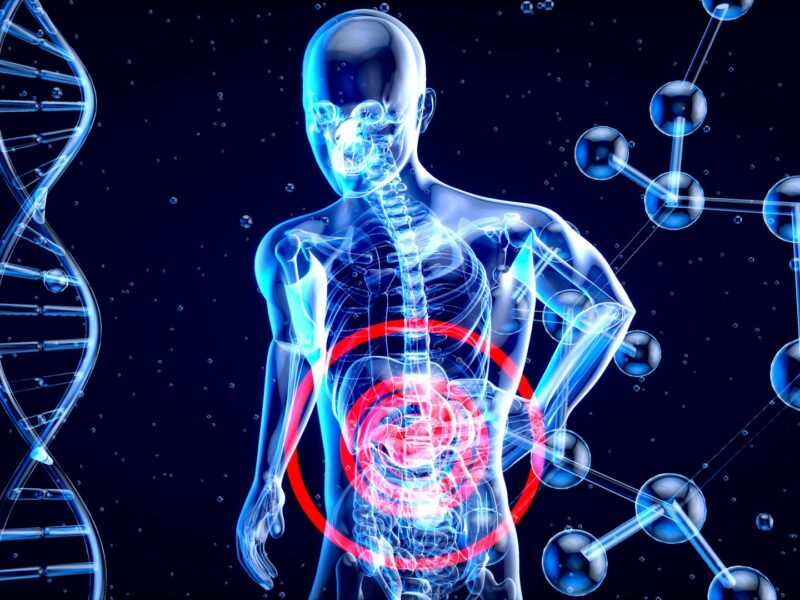Anyone who has experienced a bad attack of headache or migraine knows how disruptive it can be because you cannot do anything like talking, cooking, driving, or working when your head is splitting in agony. It may even be impossible to rest or sleep it off. The best way of tackling headaches is to find out what causes them, learn to avoid the triggers, and deal with them effectively when it strikes.
Typical Causes and Types of Headache
The most common causes of headaches are tension and stress, while migraine is also widespread. According to The Migraine Institute, it afflicts more than 35 million Americans. Headaches due to tension manifest in a dull ache on both sides of the head, while migraine causes more severe pain on one side of the head, accompanied by other symptoms like dizziness, nausea, vomiting, and sensitivity to sound, light, touch, etc. You may also get a headache due to a hangover from excessive alcohol consumption, fatigue, thirst, nausea, or sinus infection. The effects of alcohol on the body can vary from person to person, depending on various factors such as age, weight, and metabolism and it’s essential to understand how long does being drunk last and how to overcome hangover headaches fast. IV therapy can be an effective method to alleviate the symptoms of a hangover by replenishing the body with essential fluids, electrolytes, vitamins, and medications. It can help individuals recover more quickly and efficiently.
Other causes of headaches, though rarer, include cluster headaches that cause severe pain on one side of the head. The pain may last 15 minutes to as long as three hours if not treated. The headache gets its name because it occurs in clusters that may last several weeks or months with a period of remission of months and sometimes years. People may also experience headaches due to brain aneurysms, along with pain behind the eyes, blurred vision, numbness, etc.
Medication for Headache Relief
You can buy any over-the-counter pain relief medicine to address tension headaches. Some are standalone drugs like acetaminophen, ibuprofen, naproxen, aspirin, etc., while others may be combination drugs containing aspirin, acetaminophen, and caffeine. These medicines can also provide relief from headaches from migraine attacks, hangovers, sinus infections, etc.
How quickly you will get relief depends on the formulation of the medicine. Tablets that disintegrate orally, liquids, and chewable tablets work faster than pills designed to release the drug over an extended period. A full stomach can also slow down the absorption of the medicine.
If OTC drugs do not provide the necessary relief, your doctor may prescribe prescription painkillers in the form of nonsteroidal anti-inflammatory drugs (NSAIDs), like naproxen and ibuprofen. You can fill prescription online at any reputed pharmacy.
Sometimes, the doctor may prescribe indomethacin, but it may cause gastric irritation and damage the kidneys if taken for a long time. The kind of medication that will prove effective depends on the type of headache, and you may need to experiment a bit before you can identify what works best for you.
Conclusion
Taking headache medications regularly may result in the relief becoming marginal over time. You can reduce your dependency on OTC or prescription drugs by trying out a few hacks at home, like applying a cold compress on the neck and head, applying heat to the head, neck, feet, and hands, and drinking lots of water to avoid dehydration. Working on techniques to relax and reduce stress, like meditation, yoga, deep breathing, and massages to ease tension, can help.



